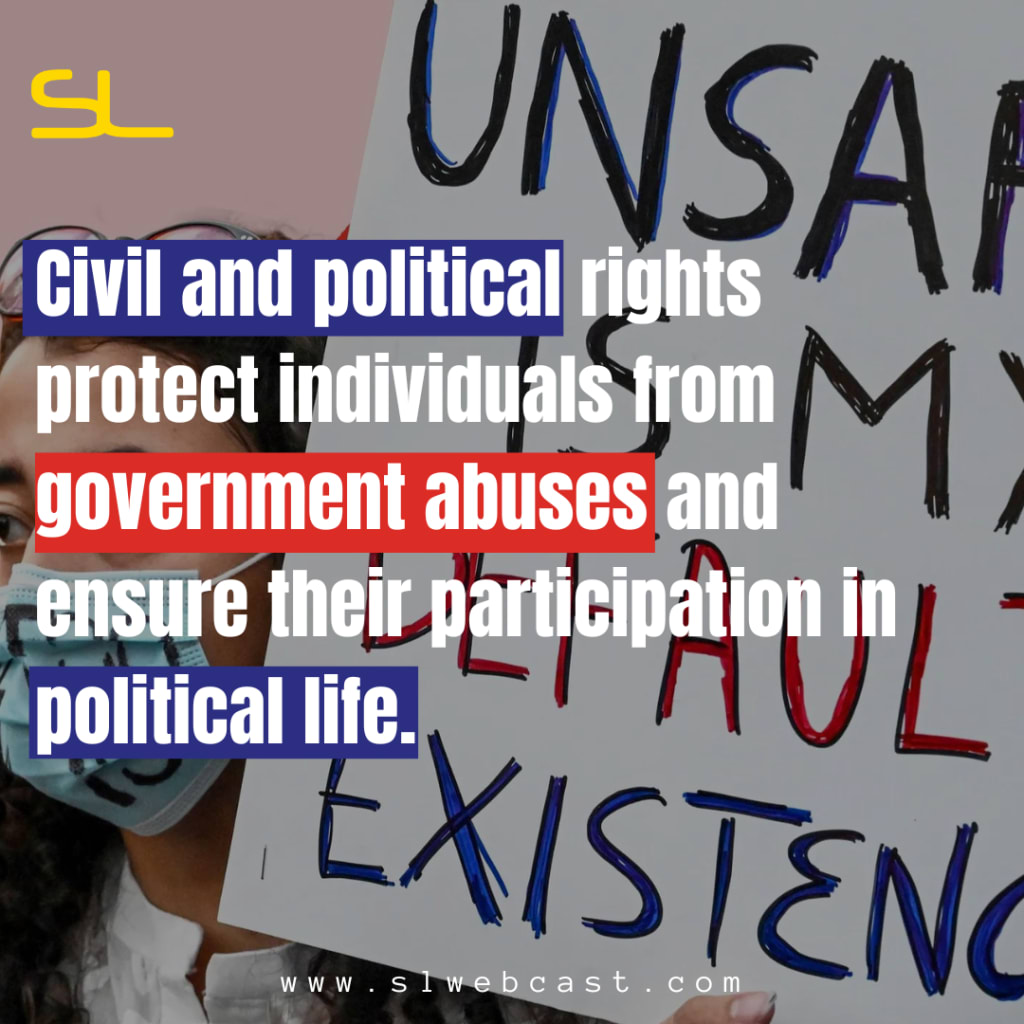An in-depth exploration of the Universal Declaration of Human Rights and its significance
On December 10th, 1948, the United Nations General Assembly adopted the Universal Declaration of Human Rights (UDHR), a landmark document that outlined the fundamental rights and freedoms to which all human beings are entitled, regardless of race, sex, nationality, religion, or any other status. This article delves into the profound impact of the UDHR, examining its origins, its core principles, and its enduring relevance in today’s world.
The Road to the Universal Declaration
The horrors of World War II, with its rampant atrocities and disregard for human life, served as a stark reminder of the need for a global framework to protect fundamental human rights. In the aftermath of the war, the international community sought to establish a new order based on the principles of human dignity and equality. This collective resolve led to the formation of the United Nations, tasked with safeguarding international peace and security, promoting social progress, and upholding human rights.
In 1946, the UN Economic and Social Council established the Commission on Human Rights, charged with drafting an international bill of rights. Eleanor Roosevelt, a prominent human rights advocate and former First Lady of the United States, played a pivotal role in shaping the UDHR. Drawing upon her experiences during the war and her deep commitment to social justice, Roosevelt tirelessly championed the cause of human rights.
After two years of intensive deliberation, the UDHR was adopted by the UN General Assembly on December 10th, 1948. The declaration, consisting of a preamble and 30 articles, enshrined the fundamental rights and freedoms that are inherent to all human beings, irrespective of any distinction.

The Core Principles of the Universal Declaration
The UDHR lays out a comprehensive framework for human rights, encompassing civil, political, economic, social, and cultural rights. These rights, considered universal and inalienable, form the bedrock of a just and equitable society.
Civil and Political Rights
Civil and political rights protect individuals from government abuses and ensure their participation in political life. These rights include the freedom of expression, assembly, and association; the right to life, liberty, and security of person; the right to a fair trial; and the right to political participation.
Economic, Social, and Cultural Rights
Economic, social, and cultural rights guarantee individuals the conditions necessary for a life of dignity and well-being. These rights include the right to work, the right to education, the right to an adequate standard of living, the right to social security, and the right to enjoy the benefits of culture.

The UDHR's Enduring Relevance
The UDHR, despite being drafted over 70 years ago, remains a cornerstone of international human rights law. Its principles have been enshrined in numerous constitutions and human rights treaties, shaping the legal and normative landscape of human rights protection.
The UDHR’s enduring relevance stems from its articulation of universal values that transcend cultural and political differences. It provides a common framework for understanding and upholding the fundamental rights that are inherent to all human beings.
Challenges and the Way Forward
Despite the progress made in promoting human rights globally, significant challenges remain. Human rights violations continue to occur in various parts of the world, ranging from atrocities in conflict zones to discrimination based on race, gender, or sexual orientation.
Addressing these challenges requires a concerted global effort to uphold the principles enshrined in the UDHR. The international community must continue to strengthen human rights mechanisms, hold violators accountable, and promote education and awareness about human rights.

Moreover, individuals play a crucial role in advancing human rights. By taking action, whether through advocacy, activism, or simply fostering respect for human dignity in their daily lives, individuals can contribute to creating a world where the principles of the UDHR are fully realized for all.


